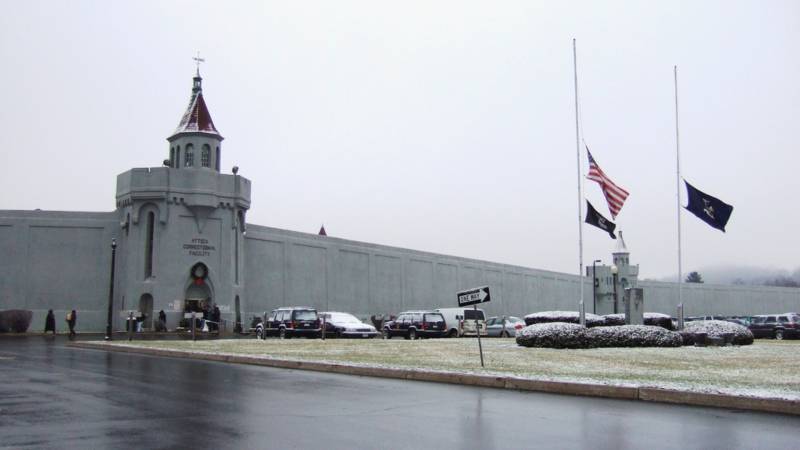Fifty years ago this week, people incarcerated at Attica Correctional Facility in New York rebelled, taking hostages after their requests for reform were denied by prison administrators. Attica State Prison was overpopulated at the time and the majority Black and Latino prisoners lived in dehumanizing conditions, including physical and mental abuse and allowances of only one shower a week. In taking over the prison, one of the voices of the rebellion, Elliot “L.D.” Barkley declared: “We are men! We are not beasts and we do not intend to be driven or beaten as such!” When New York Gov. Nelson Rockefeller ordered state police to retake the prison after four days of failed negotiations, 39 people were killed in what the subsequent McKay Commission called “the bloodiest one-day encounter between Americans since the Civil War.” On this anniversary, we’ll reflect on the Attica Prison Rebellion of 1971, its legacy and ties to numerous prison rebellions at the time — including in California — and what it has meant for today’s reform efforts.
50 Years After the Attica Prison Rebellion, the Struggle for Prison Reform Continues

Entrance of the Attica Correctional Facility. (Jayu)
Guests:
Orisanmi Burton, social anthropologist; assistant professor, department of anthropology, American University
Eric Cummins, author, "The Rise and Fall of California's Radical Prison Movement"
Mariame Kaba, organizer; founder and director, Project NIA; author, "Attica Prison Uprising 101: A Short Primer"
Sponsored